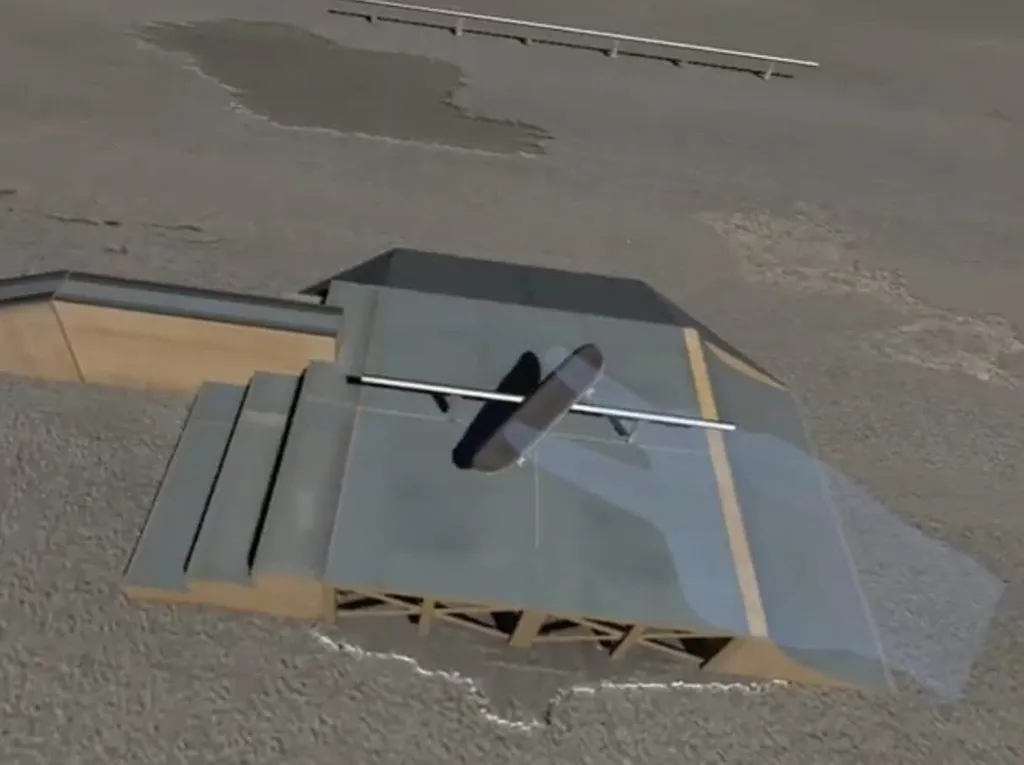Developers continue to explore what’s possible with the experimental Hand Tracking feature on Oculus Quest and some new videos from developer Daniel Beauchamp demonstrate intriguing implementations.
Beauchamp’s latest project shows a way of pressing a button across the room by essentially “tossing” your hand toward it. The avatar’s hand releases when it moves fast enough. Then Beauchamp moves his hand in the right directions to have it crawl up the table like Thing from the Addams Family.
Editor’s Note: This article was published on February 11 and updated with the hand tossing video on February 19.
Since its debut in December developers continue to dig further into the Software Development Kit offered by Facebook for implementation of the controller-free input system on the standalone headset. Some developers launched small apps available via SideQuest to test out some of these ideas on Quests at home while others released videos showing various ideas.
These latest projects fall into the latter category and come by way of Beauchamp, who runs the AR/VR efforts at Shopify. He’s been exploring the possibilities of hand tracking on Oculus Quest with rapidly developed prototypes and built a pair of recent tests which include an interesting finger-based locomotion concept.
Check it out here:
Beauchamp says tracking the hand doesn’t work if the hand is vertical facing downward, so for this experiment he artificially rotated the hand so it appears in the pose as depicted in the video. Beauchamp also debuted a skateboarding/fingerboarding video built around the controller-free input system. The fingerboarding experiment might make it to SideQuest in the coming weeks, according to Beauchamp.
Check it out here:
Facebook started rolling out an update for the Oculus Quest which automatically switches between tracking the hands and controllers for a more seamless transition between input systems. There’s still a lot of improvement needed with Hand Tracking to make it more broadly usable — and it is unlikely to supplant controllers for many uses like games — but the amount of experimentation in the development community suggests a lot of interest among developers.


























